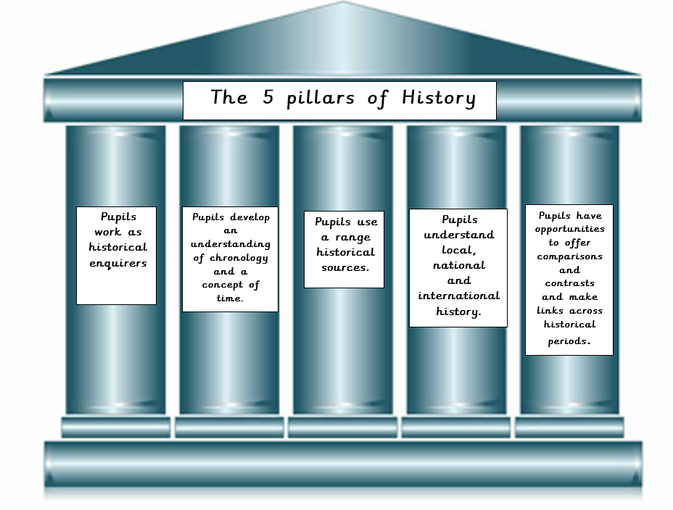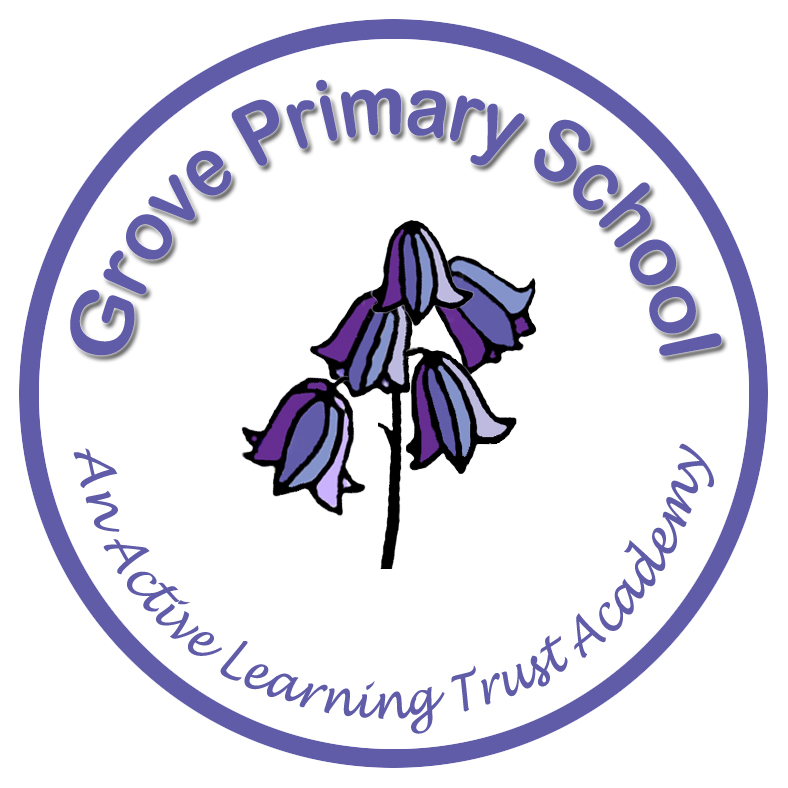History
Leadership of History at Grove Primary School.
Accountable: Mr Stephen Moore
Responsible: Mrs Anna Ball, Miss Rachel Allen
Intent
We believe that a well-rounded History curriculum will allow children to gain a coherent knowledge and understanding of Britain’s past and that of the wider world. The learning in History begins in the EYFS and these skills and knowledge are built upon as they progress through the school. The children celebrate the rich history of the local area as well as explore national and global history. Our children will investigate and pose historical questions. We intend for our children to have real life experiences and learn about History in an active and creative way and therefore visitors and trips form a fundamental part of our curriculum. Links to Geography and other subject areas are also explored. In addition to this, we recognise the important role that History plays in preparing our children with skills that they can use for life, raising their aspirations, understanding how to be a good and responsible citizen, understanding change and societal development and a context in which to understand themselves and others. This is extremely important for children at Grove Primary in allowing them access to a much wider world.
At Grove we are guided by the National Curriculum for History (2014). The National Curriculum for history aims to ensure that all pupils:
- know and understand the history of these islands as a coherent, chronological narrative, from the earliest times to the present day: how people’s lives have shaped this nation and how Britain has influenced and been influenced by the wider world
- know and understand significant aspects of the history of the wider world: the nature of ancient civilisations; the expansion and dissolution of empires; characteristic features of past non-European societies; achievements and follies of mankind
- gain and deploy a historically grounded understanding of abstract terms such as ‘empire’, ‘civilisation’, ‘parliament’ and ‘peasantry’
- understand historical concepts such as continuity and change, cause and consequence, similarity, difference and significance, and use them to make connections, draw contrasts, analyse trends, frame historically-valid questions and create their own structured accounts, including written narratives and analyses
- understand the methods of historical enquiry, including how evidence is used rigorously to make historical claims, and discern how and why contrasting arguments and interpretations of the past have been constructed
Implementation
History is taught half termly following the Long Term Plan - this doesn't always alternate depending on Key Stage topics.
Impact
At the end of a unit we consider assessment statements on the medium term planning, which summarise children’s learning against the unit's key learning outcomes.
History Pillars
History lessons are underpinned by our History pillars in order to not only provide children with knowledge but also develop historical skills, allowing them to know more and do more, and encourage children to work as historians.

Concepts
Alongside our History pillars which underpin good practice in History, children explore key concepts as they move through the school. The concepts that children explore are revisited in different units allowing children to apply new knowledge to the concept in order to prepare them for future learning and life.
Key Stage Progression Assessment
History Progression Assessment

